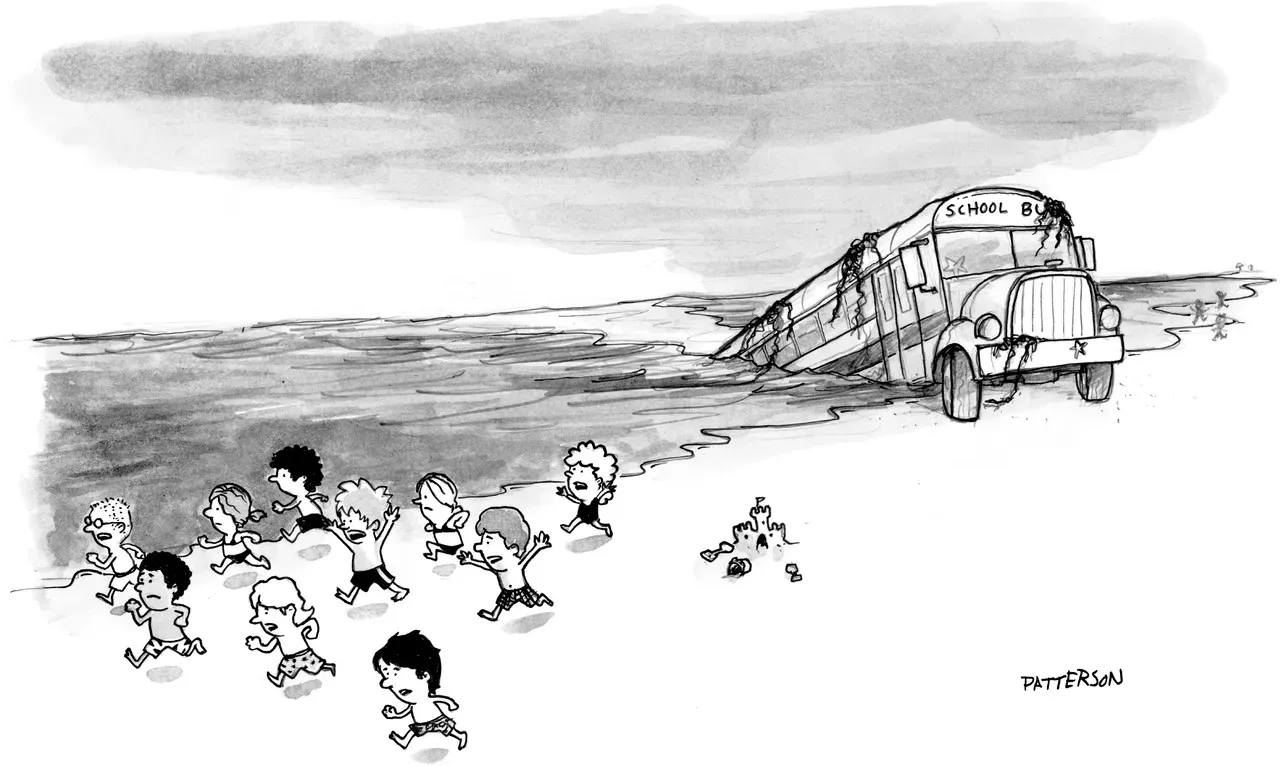Every August, the same ritual begins. Parents frantically Google “back-to-school anxiety tips.” Schools send home preparation checklists. Mental health experts publish articles about the “inevitable” stress of returning to the classroom. We’re told children are “bound to experience” anxiety, that the transition will be “jarring,” and that we must watch for behavioral warning signs indicating distress.
But what if all this well-intentioned preparation is backfiring? What if, by treating back-to-school as an inherently stressful experience requiring extensive emotional support, we’re actually teaching our children to expect, and therefore experience, exactly that stress?
The Expectation Effect in Action
Research on the expectation effect reveals a powerful truth: our predictions about experiences often become self-fulfilling prophecies. When we expect pain during a medical procedure, we feel more pain. When we expect a social interaction to be awkward, it becomes awkward. And when we spend weeks preparing children for the “stress” and “anxiety” of returning to school, we’re essentially training their brains to anticipate and create those very experiences.
Consider the language saturating back-to-school messaging. Experts warn about the social and emotional “summer slide“—as if children regress during vacation. Middle school transitions are described as inevitably difficult, with parents advised to prepare for the shock of “multiple teachers for different subjects.” We’re told to monitor for “uncharacteristic sleep disturbances” and “increased defiance” as signs of back-to-school anxiety.
The irony is striking: in our effort to protect children from stress, we’re potentially manufacturing it.

Image: Jason Patterson / The New Yorker
When Normal Becomes Pathological
There’s nothing inherently traumatic about getting a new teacher, walking between classrooms, or adjusting sleep schedules. Humans are remarkably adaptable creatures, especially children. For millions of kids throughout history, September simply meant returning to learning, no extensive emotional preparation required.
Yet today’s messaging suggests that without careful intervention, children will inevitably struggle. One recent article opens with a detailed case study of a nine-year-old “feeling anxious as the school year approaches,” immediately priming readers to expect similar struggles in their own children. Parents are warned to watch for a laundry list of concerning behaviors: “headaches, nausea, fatigue” or children who “seek continual reassurance about what their school days will look like.”
We’re pathologizing normal developmental experiences, turning routine adjustments into cause for concern. A child who seems quiet after the first day isn’t just processing new experiences, they’re showing “warning signs.” A kid who takes time to warm up to their teacher isn’t displaying normal social caution, they need “support strategies.”
The Confidence Gap
When we constantly prepare children for difficulties they haven’t yet encountered, we inadvertently communicate a lack of confidence in their abilities. The subtext of endless preparation is clear: “This is going to be hard for you. You probably can’t handle it without help.”
Children are intuitive. They pick up on our anxiety, our excessive planning, our worried expressions during “practice runs” to school buildings. They internalize the message that going back to school is something to fear rather than anticipate or even look forward to.
Research on academic mindset shows that children perform better when adults express confidence in their capabilities rather than constantly preparing them for failure. Yet our current approach does the opposite, it primes children to expect struggle and positions us as the experts on their emotional states rather than trusting them to navigate new experiences.
The Rumination Trap
When we encourage children to identify their negative feelings about school, monitor their anxiety levels, and prepare for social difficulties, we’re inadvertently teaching them to ruminate by repeatedly focusing on potential negative outcomes. Put simply, excessive focus on potential problems increases their likelihood.
Studies show that rumination is a key factor in developing anxiety and depression. By encouraging children to constantly examine their emotional states and prepare for difficulties, we’re training them in a thinking pattern that’s linked to poor mental health outcomes. One expert actually advises parents to watch for subtle behavioral shifts like a child having “a more difficult time falling asleep” or finding previously enjoyable activities “particularly challenging,” essentially teaching hypervigilance about normal fluctuations in mood and behavior.
What Actually Helps
A more effective approach is to trust children’s natural resilience and address problems if and when they actually arise, rather than creating elaborate systems to monitor and manage difficulties that may never materialize.
This isn’t an argument for negligent parenting or ignoring genuine difficulties. Some children do face real challenges with school transitions, and they deserve support. But for most kids, the best back-to-school preparation is surprisingly simple:
- Express Confidence
Instead of asking, “Are you worried about school?” try “What are you looking forward to this year?” Rather than preparing for problems, communicate your belief in their capabilities.
- Keep It Routine
Treat back-to-school like any other seasonal transition. Adjust bedtimes gradually, buy supplies, meet the teacher. No drama required.
- Model Calm
Children regulate their emotions based on the adults around them. If you’re anxious about their return to school, they will be too. If you’re matter-of-fact and positive, they’re likely to follow suit.
- Trust the Process
Most children adapt to new situations within days or weeks, regardless of preparation. Human beings are wired for adaptation—it’s what we do best.
Rewriting the Narrative
Imagine if we approached back-to-school with the same energy we bring to other positive life transitions. Instead of articles about managing anxiety, what if we celebrated children’s growth and new opportunities? Rather than preparing for problems, what if we focused on possibilities?
The shift isn’t just semantic; it’s psychological. When we expect positive outcomes, we’re more likely to achieve them. When we approach challenges with curiosity rather than dread, we build resilience rather than fragility.
Our children are watching. They’re learning not just academic subjects, but also how to approach life’s transitions. Are we teaching them that new experiences are threats to be carefully managed, or adventures to be embraced?
The Bottom Line
Going back to school isn’t a mental health crisis. It’s September. Children have been doing it successfully for generations without extensive emotional preparation. Research on resilience shows that children are far more adaptable than our current anxiety-focused messaging suggests.
By treating normal transitions as inherently problematic, we risk creating the very difficulties we’re trying to prevent. The most powerful gift we can give our children isn’t another coping strategy or anxiety management technique; it’s our confidence in their ability to handle whatever comes their way.
I wish you all the best,
Dr. Samantha Boardman






